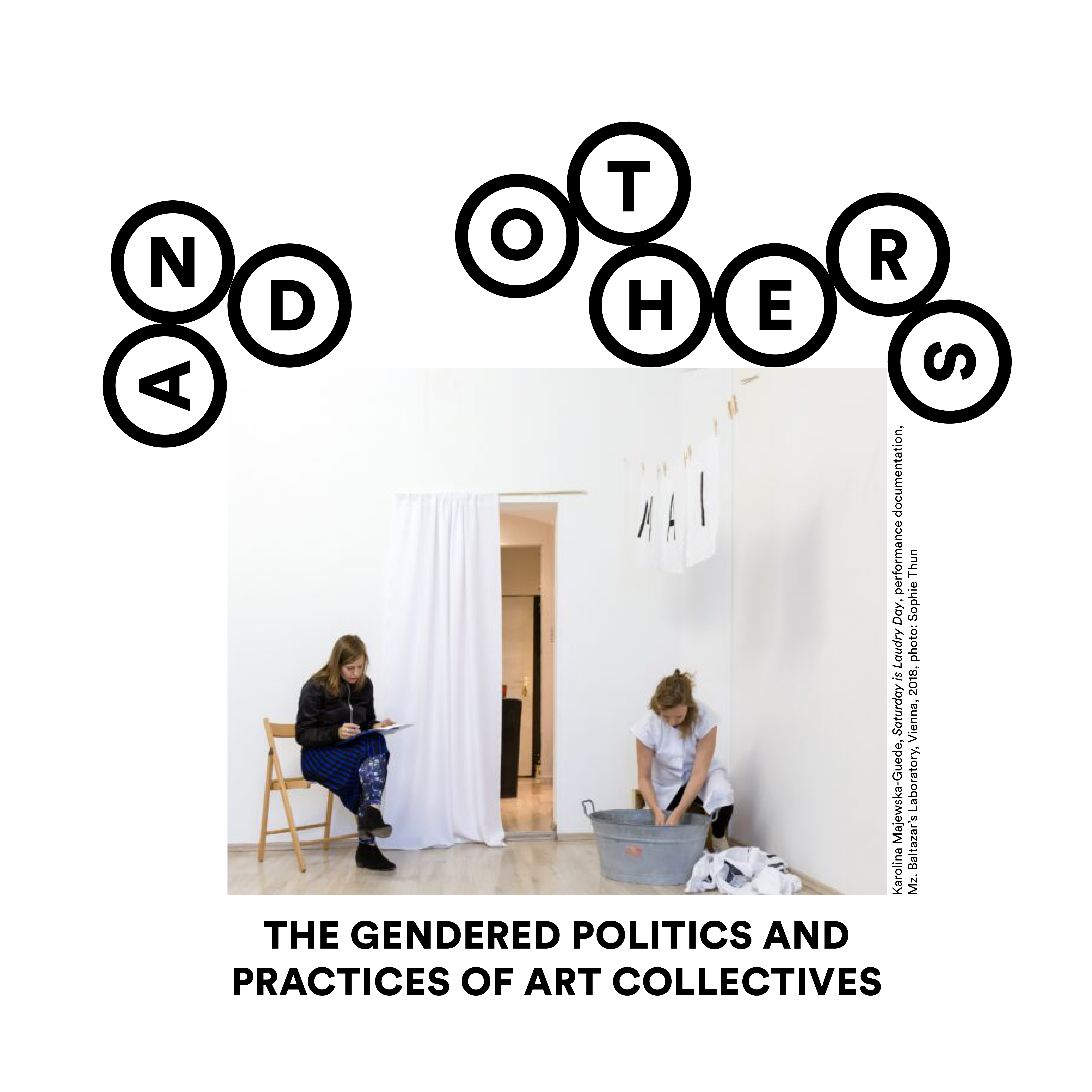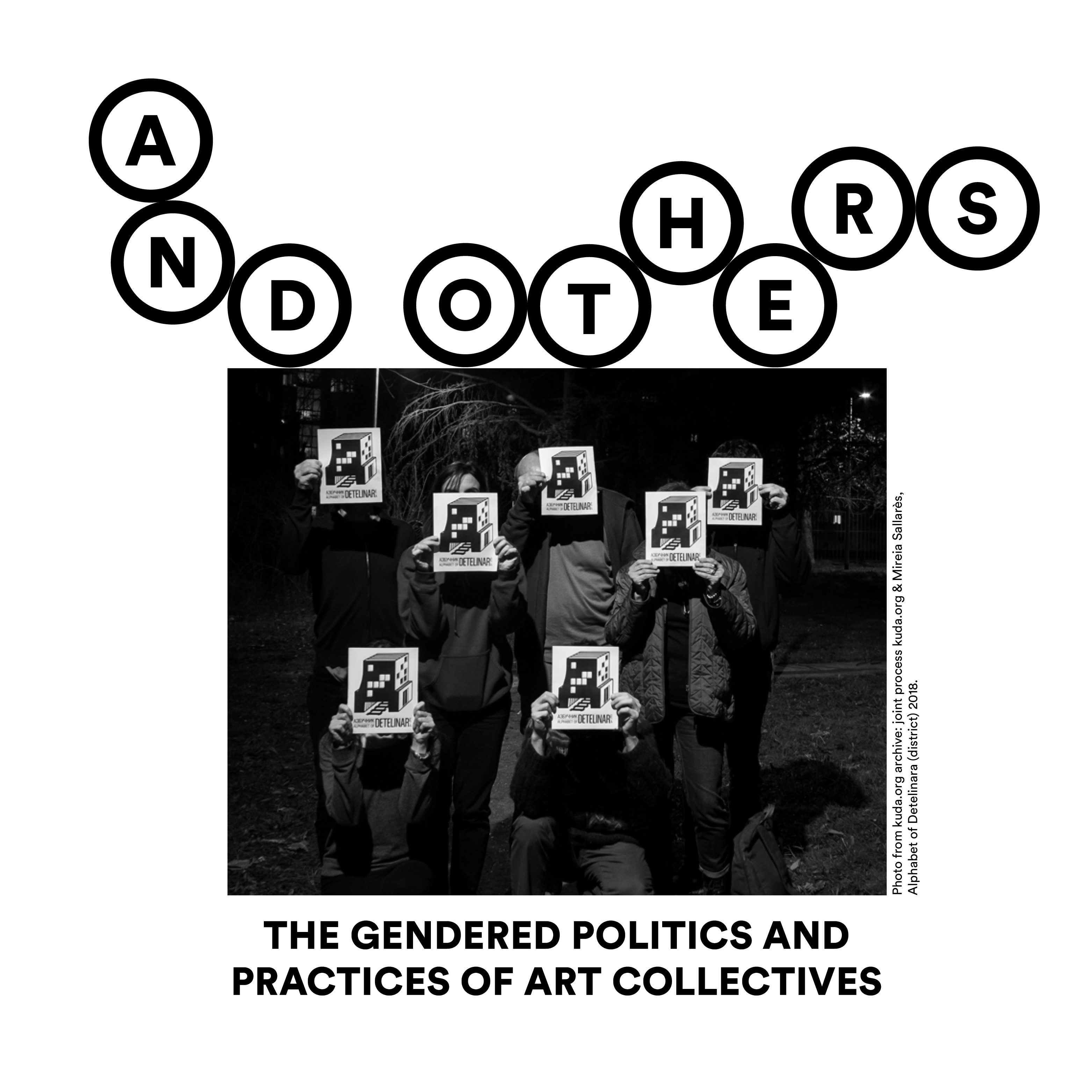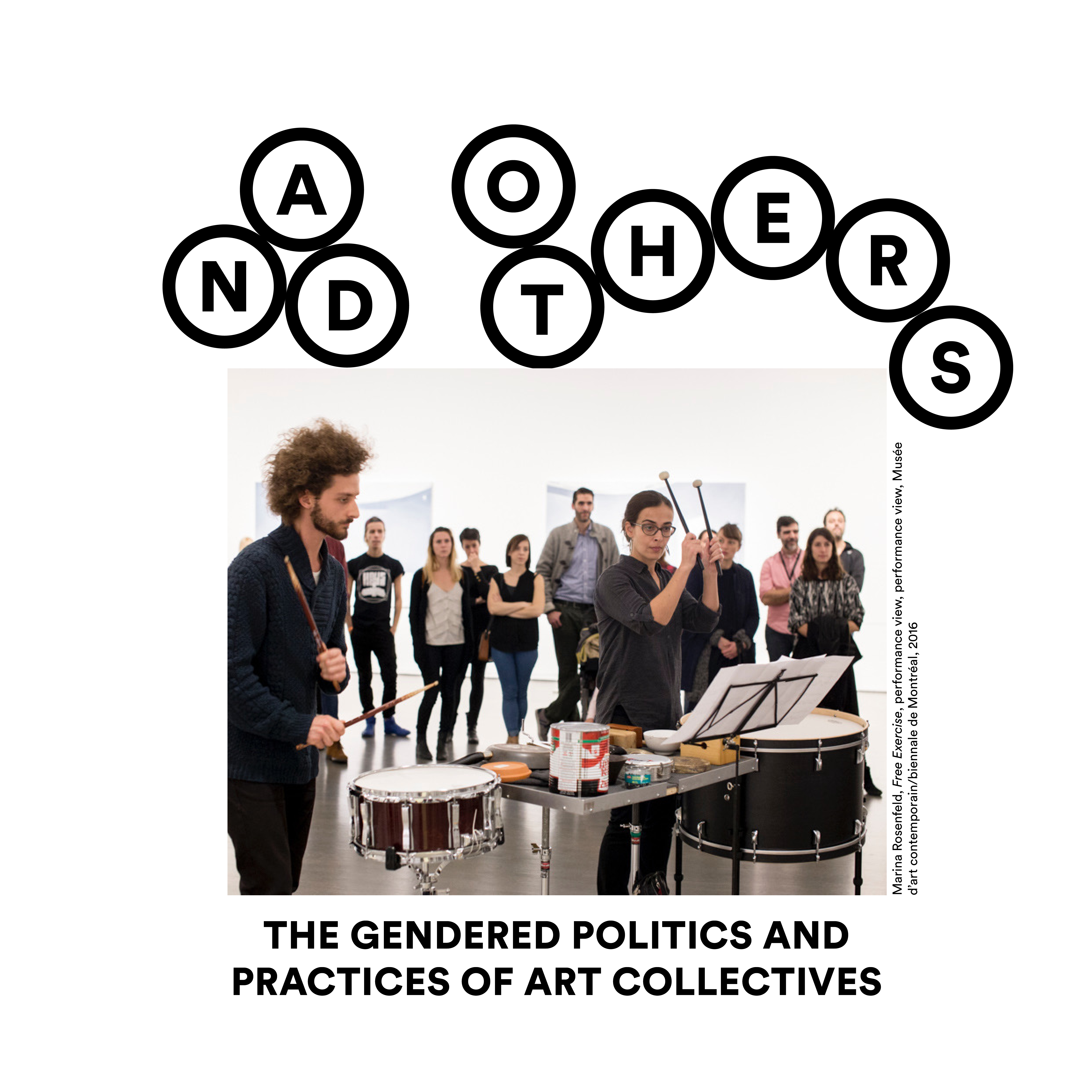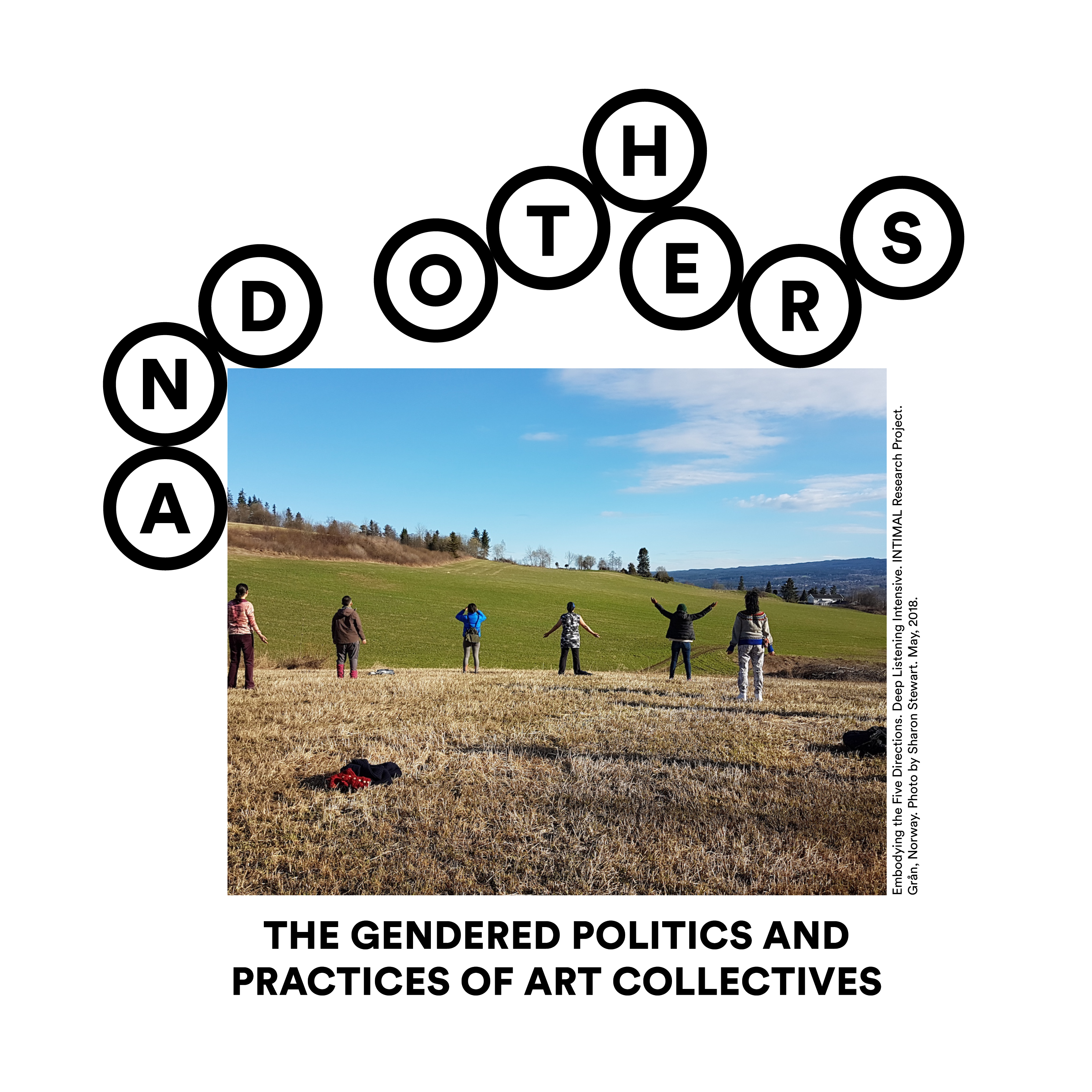Participants: Ximena Alarcón-Díaz, Felicity Allen, Carla Cruz, Fabiola Fiocco, Karolina Majewska Guede, Lily Hall, Manual Labours, Kuda.org/Zoran Pantelić, , Kirsten Lloyd, Chris McCormack, Gerrie van Noord, Helena Reckitt, Irene Revell, Marina Rosenfeld, Katja Praznik, Abhijan Toto, Jelena Vesić.
Convened by Lina Džuverović
All talks will be held online via MS Teams, booking details below.
BIRMAC and Art Monthly, in association with Electra present a series of four online panel conversations
Current enthusiasm towards collectivity within the artworld, including within prize-giving culture, harbours a certain romanticising of collectives, a simplification of collective practice suggesting that collective work—be it artistic, curatorial, or within an arts organisation—is somehow automatically emancipatory and egalitarian, that collectivity by its very nature preserves the promise of equality and inclusivity. But the reality of working collectively is filled with challenges and those working collectively are no less vulnerable to exploitation than individual cultural workers. Glossing this fundamental truth can risk both the replication and the masking of inequalities under the broad label of collectivity.
In the Autumn 2022, the research project ‘And Others: The Gendered Politics and Practices of Art Collectives’ hosts four panel discussions to investigate different questions central to collective work. Building on two months of asynchronous collective writing, involving eighteen participants, the panelists below consider how we might write, think, read and practice together through other means.

Panel One: Labour, Value and Social Reproduction
Monday 31 October, 7pm GMT
Discussants: Fabiola Fiocco, Katja Praznik, Karolina Majewska-Güde, Kirsten Lloyd, Jelena Vesić.
Moderator: Lina Džuverović
Keywords: collaboration, collectives, social reproduction, value, gendered labour, affective labour, sacrificial labour, arts administration, bureaucracy.
This panel focuses on labour and value in collective work, acknowledging that even in most progressive artists’ groups, collectives, or communities, collectivity rests on some form of socially reproductive, affective and often unremunerated labour—most often performed by female-identifying collective members, friends, partners, mothers, administrators or curators.

Panel Two: Why collaborate? Network Formation, Reproduction, Access
Thursday 10 November, 5pm GMT
Discussants: Carla Cruz, Lily Hall, Abhijan Toto, Felicity Allen, Manual Labours.
Moderator: Lina Džuverović
Keywords: collaborative structures, articulation, the ‘disoeuvre’
Focusing on the possible divergences between external articulations of collectivity and their internal working realities, this panel explores the formation and reproduction of networks, asking how cultural organisations engage with collective work, exploring the blurry lines and unstable positions between organisational (curatorial, communication, production, administrative) and artistic work, and the gaps between naming and acting.

Panel Three: Is Ephemerality Freedom?
Friday 18 November, 6pm GMT
Discussants: Ximena Alarcón-Díaz, Kuda.org/Zoran Pantelic, Irene Revell, Marina Rosenfeld.
Moderator: Lina Džuverović
Keywords: collaboration, collectivity, sound, performance, improvisation, feminist, score, networks.
This panel questions the relationship between medium and process, taking in improvised and experimental sound practices to ask questions about different attitudes to and experiences of collective work, and whether a certain openness and enthusiasm towards collaboration, and an excitement about the process itself predominates within music and sound practice, as compared to the visual arts.

Panel Four: ‘The Third Hand’—Claire, Bernadette and Friends
Thursday 1 December, 7pm GMT
Discussants: Helena Reckitt, Chris McCormack, Gerrie van Noord.
Moderator: Lina Džuverović
Keywords: collaboration, collective, fictional entities, erasure, identity, the self, the third hand, anonymity, editing, translation, co-writing.
Considering the deliberate erasure of individual identities, this panel combines two interwoven lines of enquiry. Firstly, it considers a particular approach to working collectively, one in which the identities of each individual artist involved are deliberately obfuscated, forming a singular, newly created artist with their own name and a distinct, manufactured identity—what Charles Green terms the ‘third hand’.
This project has been supported through Birkbeck College’s School of Arts Research Grants and the Open Society University Network, Center for Arts and Human Rights at Bard College 2022 Faculty Fellowship.
